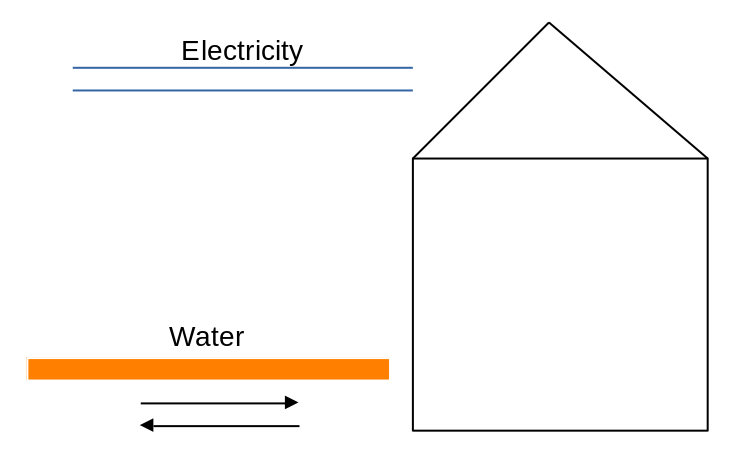this post was submitted on 17 Aug 2024
26 points (82.5% liked)
[Dormant] moved to !space@mander.xyz
10845 readers
1 users here now
This community is dormant, please find us at !space@mander.xyz
You can find the original sidebar contents below:
Rules
- Be respectful and inclusive.
- No harassment, hate speech, or trolling.
- Engage in constructive discussions.
- Share relevant content.
- Follow guidelines and moderators' instructions.
- Use appropriate language and tone.
- Report violations.
- Foster a continuous learning environment.
Picture of the Day
 The Busy Center of the Lagoon Nebula
The Busy Center of the Lagoon Nebula
Related Communities
🔭 Science
- !astronomy@mander.xyz
- !curiosityrover@lemmy.world
- !earthscience@mander.xyz
- !esa@feddit.nl
- !nasa@lemmy.world
- !perseverancerover@lemmy.world
- !physics@mander.xyz
- !space@beehaw.org
- !space@lemmy.world
🚀 Engineering
🌌 Art and Photography
Other Cool Links
founded 2 years ago
MODERATORS
you are viewing a single comment's thread
view the rest of the comments
view the rest of the comments

Oxygen. Heating/cooling. Water. Food. Electricity. Radiation shielding. Medical supplies. Spare parts for equipment repair. Roughly in that order of precedence.
Also need to factor in waste management as well. With sufficient bacteria and time, the effluents can be converted to compost. It will take a ton of algae bioreactors to prevent the CO2 generated from becoming toxic. Packaging can be buried, but I think it would be better if it was compostable as well.
We also need to consider fire suppression. A fire in a low gravity and/or high oxygen environment is going to be dangerous quickly and could harm critical systems. The fire suppression material itself could also imbalance the environment and , at minimum, could be a big hassle to clean up.
In regards to food growth, aeroponics can be fine tuned and automated, but this works best for leafy vegetables. Keep in mind that Mars doesn’t have the inert Nitrogen atmosphere that Earth does, so nitrogen fixing doesn’t work to our benefit, which means we’ll need to acquire sources of bio available nitrogen.
Phosphorous may also be a problem, since our best stores of that currently come from bird and bat guano.
oxygen could be produced from water and electricity though.
Heating/cooling: when you're exposed to 20°C water, it feels much colder than if you're exposed to 20°C air. That is because water has a higher density, and transports heat away from your body much faster. Now, mars has a very thin atmosphere. That means that it transports heat away from your body much more slowly. So even if it has -50°C, it will not feel likek -50°C on earth. Because you will feel only a fraction of that coldness.